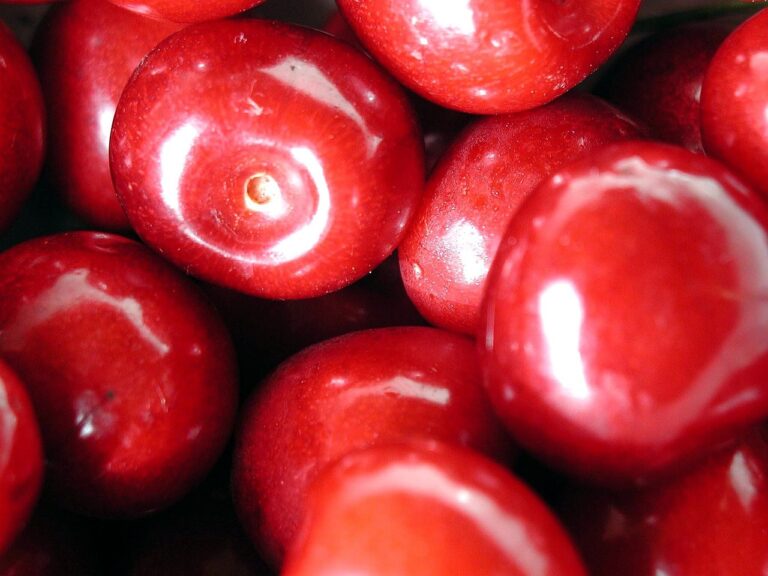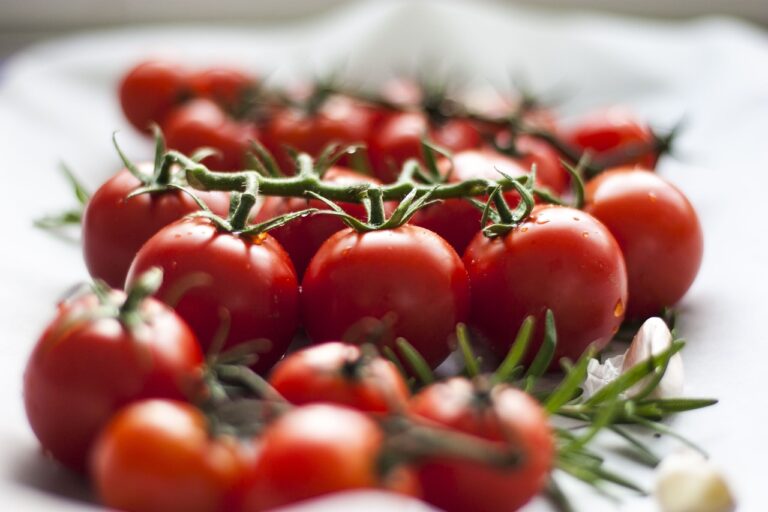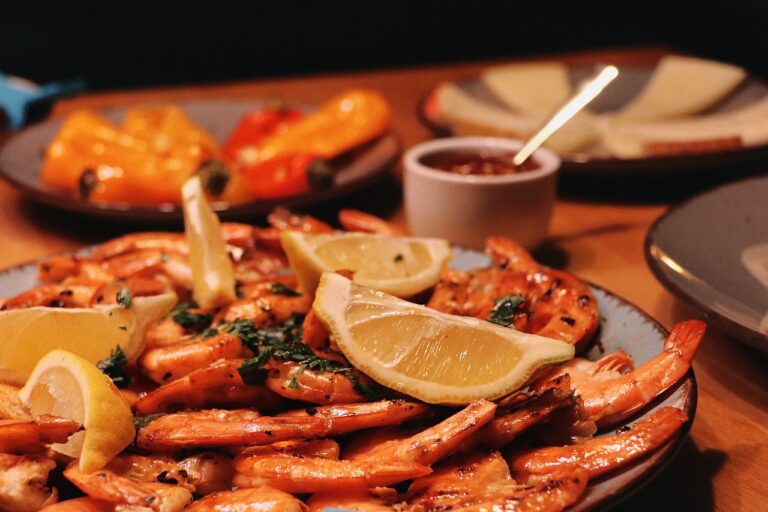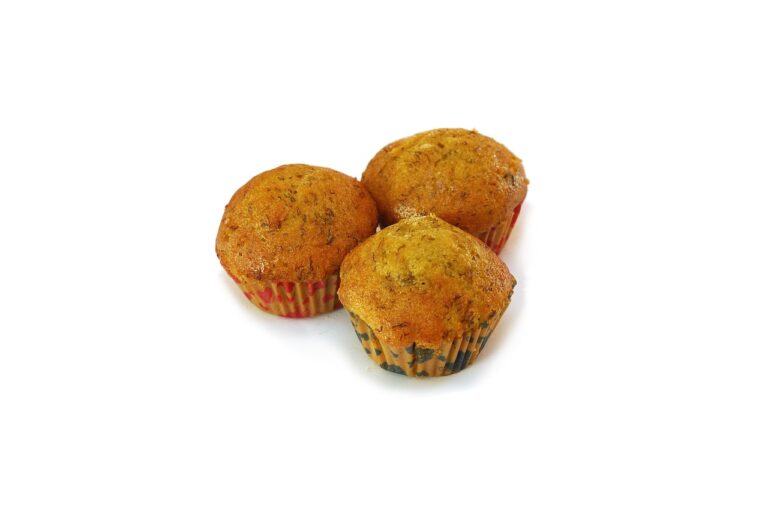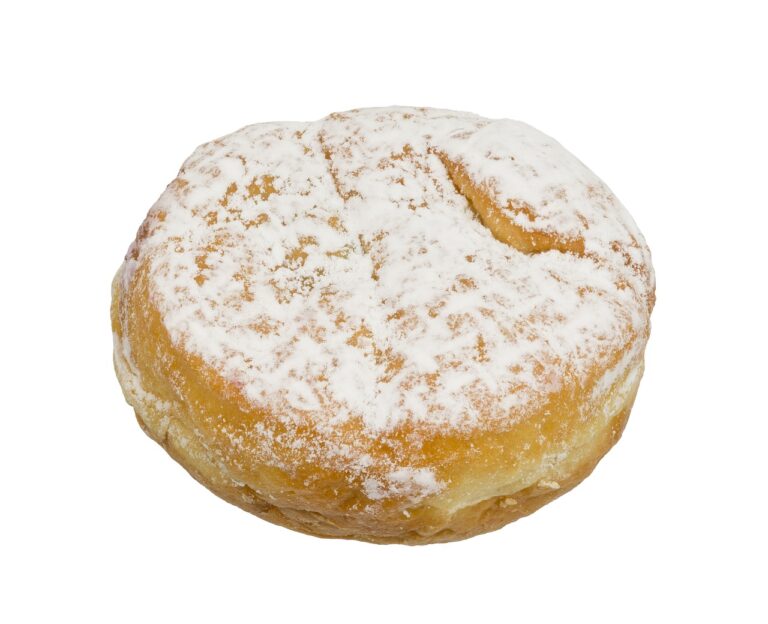The Rise of Gluten-Free Living: Navigating a Wheatless World
Celiac disease is an autoimmune disorder that affects the small intestine. When individuals with celiac disease consume gluten, a protein found in wheat, barley, and rye, their immune system reacts by attacking the lining of the small intestine. This reaction damages the villi, tiny hair-like structures responsible for absorbing nutrients, leading to various gastrointestinal symptoms and potential malnutrition.
On the other hand, gluten sensitivity, also known as non-celiac gluten sensitivity, may cause similar symptoms to celiac disease without the autoimmune response or damage to the small intestine. People with gluten sensitivity experience gastrointestinal discomfort, fatigue, and other symptoms after consuming gluten-containing foods, but they do not test positive for celiac disease markers. Unlike celiac disease, gluten sensitivity does not involve the same level of immune system activation and damage to the gut lining.
• Celiac disease is an autoimmune disorder affecting the small intestine
• Consumption of gluten triggers immune system response attacking the intestinal lining
• Damage to villi leads to gastrointestinal symptoms and potential malnutrition
• Gluten sensitivity causes similar symptoms without autoimmune response or gut damage
• Individuals with gluten sensitivity experience discomfort, fatigue, and other symptoms after consuming gluten-containing foods
Understanding the Difference Between Gluten-Free and Wheat-Free
Gluten-free and wheat-free diets are often misunderstood as one and the same, but they have distinct differences. A gluten-free diet eliminates the protein gluten found in grains like wheat, barley, and rye. Individuals with celiac disease, an autoimmune disorder, must strictly adhere to a gluten-free diet to avoid damaging their small intestine. On the other hand, a wheat-free diet excludes wheat but still allows for the consumption of other gluten-containing grains like barley and rye.
It’s important to note that a wheat-free diet is not necessarily gluten-free, as wheat is just one source of gluten. People with a wheat allergy would need to follow a wheat-free diet to avoid allergic reactions, but those with gluten sensitivity or celiac disease would need to steer clear of all gluten-containing grains, not just wheat. Understanding the nuances between gluten-free and wheat-free diets is crucial in managing various health conditions and dietary preferences.
Common Foods to Avoid on a Gluten-Free Diet
When following a gluten-free diet due to celiac disease or gluten sensitivity, it is crucial to be vigilant about the ingredients in foods consumed. One common false assumption is that all grains are safe for those avoiding gluten. However, wheat, barley, and rye contain gluten and must be eliminated from the diet. Even small amounts of gluten can trigger a response in individuals with these conditions, leading to discomfort and potential long-term health consequences.
Processed foods can often hide gluten-containing ingredients, making it essential to thoroughly check labels when grocery shopping. Some processed foods to avoid include sauces, condiments, and pre-packaged snacks that may contain hidden gluten in the form of additives or thickeners. Being mindful of potential sources of gluten can help prevent accidental ingestion and support overall well-being for those following a gluten-free diet.
What is celiac disease?
Celiac disease is an autoimmune disorder where consuming gluten triggers an immune response that damages the lining of the small intestine.
What is gluten sensitivity?
Gluten sensitivity, also known as non-celiac gluten sensitivity, is a condition where individuals experience symptoms similar to celiac disease after consuming gluten, but without the autoimmune response.
What is the difference between gluten-free and wheat-free?
Gluten-free means the absence of gluten, a protein found in wheat, barley, and rye, while wheat-free specifically refers to the exclusion of wheat from the diet.
What are some common foods to avoid on a gluten-free diet?
Common foods to avoid on a gluten-free diet include wheat, barley, rye, pasta, bread, baked goods, beer, soy sauce, and some processed foods that may contain hidden sources of gluten.



